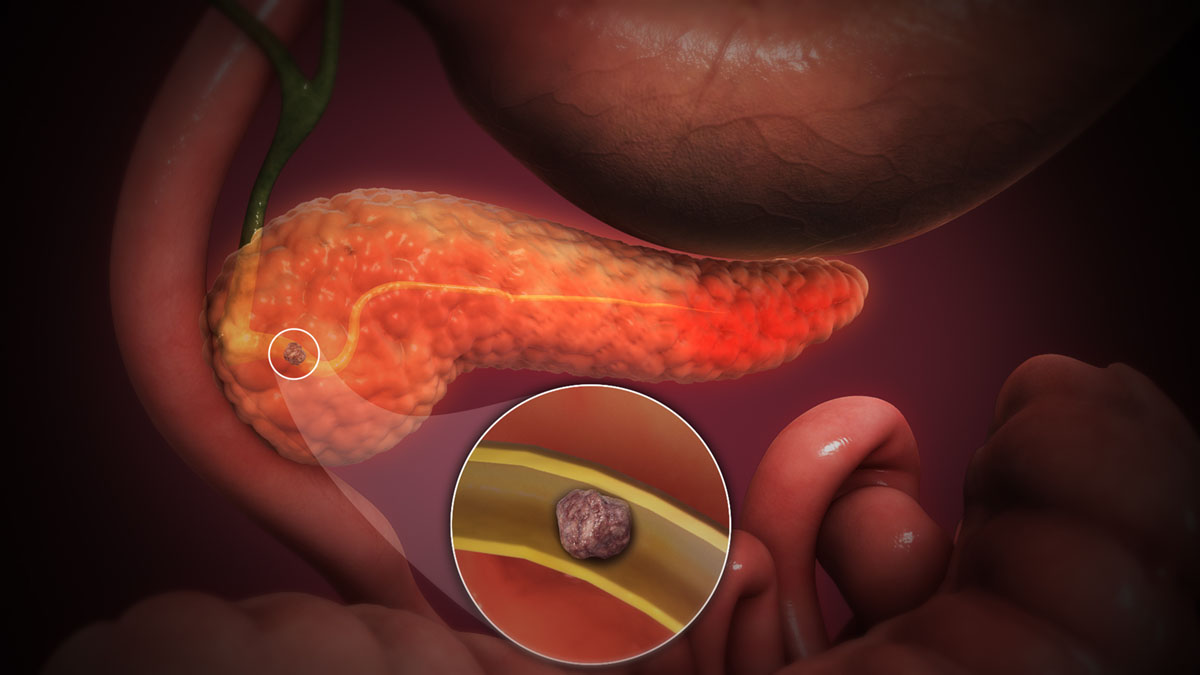
Acute pancreatitis is acute inflammation of the pancreas. This medical condition carries a lot of risk for possible complications which are very serious and in some cases life-threatening. Acute pancreatitis features with intensive abdominal pain which tends to spread towards the scapula, sickness, vomiting and loss of appetite. In severe cases the patient may develop shock.
After the inflammation is gone some of the pancreatic tissue may be replaced with pancreatic pseudocysts and generally the function of this gland is damaged to certain extent.
Causes of Pancreatitis
If the real cause of pancreatic inflammation cannot be established pancreatitis is classified as idiopathic. Gallstones are rather common cause of pancreatitis. Namely, once the gallstone has left the gallbladder it may obstruct the Ampulla of Vatercan. If, this occurs pancreatic enzymes cannot excrete properly and they start autodigestion of the gland. Alcohol abuse is another cause of acute pancreatitis.
Trauma is additional cause of pancreatic inflammation. Even some medications can be a cause of acute pancreatitis. Acute pancreatitis can be a complication of some viral infections such as those caused by paramixovirus, Epstein-Barr virus and Cytomegalovirus.
Additionally, acute pancreatitis can develop as one of the complications of certain autoimmune disease or after the snake bite. Even certain medical procedures such as Endoscopic Retrograde Cholangiopancreatography induce acute pancreatitis.
Surgery for Acute Pancreatitis
Acute pancreatitis is initially treated with medications, specific dietary regimes and intravenous fluids and medications. Only if certain complications develop a patient undergoes surgery. The surgical procedure is performed in patients who have developed infected pancreatic necrosis and in those with diagnostic uncertainty. Infection can be life-threatening for a patient suffering from acute pancreatitis.
CT scan of the abdomen can efficiently detect gas bubbles which is a sign of infection. CT or ultrasound guided fine needle aspiration can confirm or rule out positive bacterial culture.
There are several surgical approaches which deal with necrotic tissues and they include necrosectomy, necrosectomy with closed continuous lavage and necrosectomy with planned staged reoperations.
Complications of Acute Pancreatitis
Acute pancreatitis can lead to many serious complications. Disseminated intravascular coagulation, multiple organ dysfunction syndrome, increased level of sugar in blood and hypocalcaemia are only some of them.
After the inflammation the tissue of the pancreas can be replaced with afunctional pseudocysts and abscesses. In some cases bleeding can be a consequence of erosions of splenic artery or vein. Even thrombosis of splenic vein, portal veins and superior mesenteric vein is possible. In some cases acute inflammation of pancreas turns into chronic one which eventually results in total loss of pancreatic function.



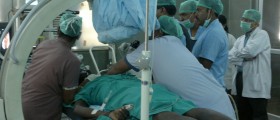




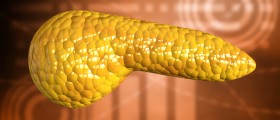

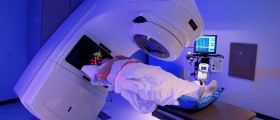

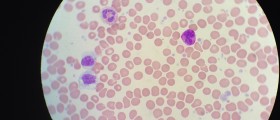
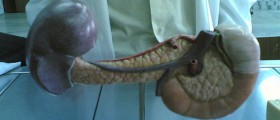



Your thoughts on this
Loading...